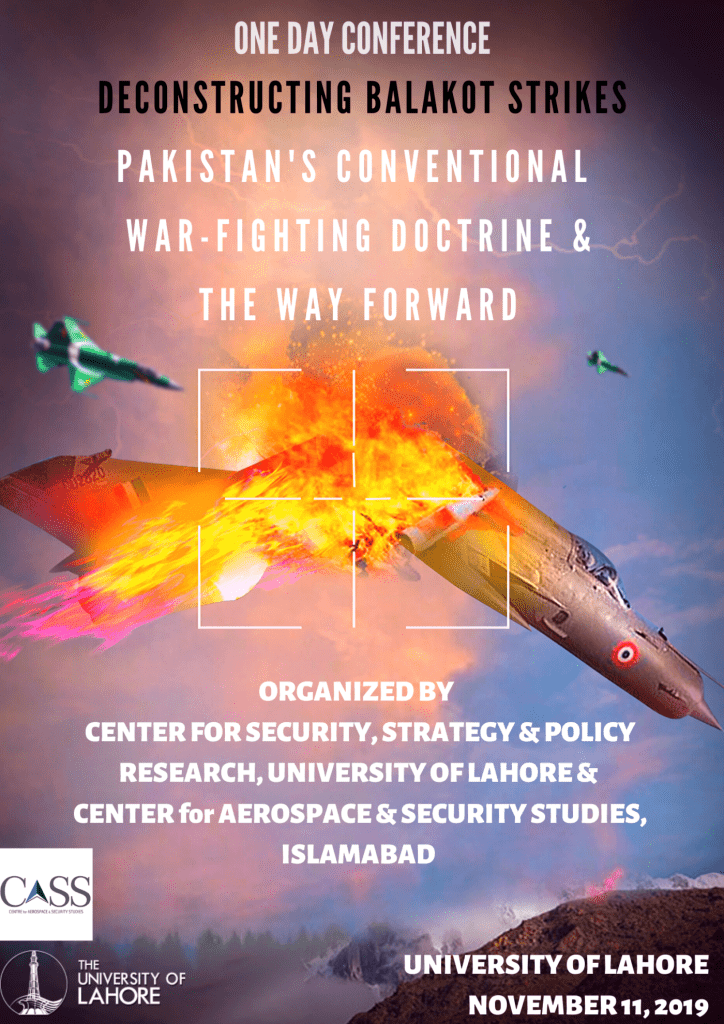Concept Note
India and Pakistan stand at the precipice of yet another crisis over Kashmir, second in the same year. India’s illegal and illegitimate deoperationalization of Article 370 and 35A has led to revocation of Jammu & Kashmir’s special status. The nuclear component of this emerging crisis is twofold: a) Pakistan, who wants India to resolve the dispute of Kashmir in the light of UN Resolutions, can go to war with India over Kashmir with uncertain escalation dynamics and b) covert nuclear signaling by the Indian Defence Minister, Rajnath Singh, on the malleability of Indian No First Use doctrine suggesting that it can ‘change’ depending upon circumstances in the future, adds to the already volatile situation across the Line of Control. As the situation unfolds, Kashmir begs attention of the international community as a nuclear flashpoint which has the potential of becoming a self-fulfilling prophecy.
In the most recent crisis between the two states, India attacked Pakistan on February 26, 2019 in the town of Jabba, Balakot, Khyber Pakhtunkhwa province in Pakistan. The assumption on which India attacked Pakistan was flawed and based on the poor understanding of a new reality taking shape: the indigenization of the Kashmir insurgency in the Indian administered Kashmir and a misreading of Pakistan’s response options under the Full Spectrum Deterrence.
Pakistan’s demonstration of its capability and resolve was rational and calculated. It needs to be appreciated that it was Pakistan’s rational and calculated response to India’s abortive strikes — through its choice of targeted locations, the manner of their execution, and the release of the captured pilot — that helped achieve crisis termination.
Perhaps because Pakistan’s response was unprecedented and ran counter to most experts’ prediction that a conventionally-inferior, nuclear-armed state would escalate to the nuclear level relatively early on in a crisis, it has been hard for many scholars to give credit to Pakistan for credibly signaling its capability and resolve, leading to crisis termination. It is important to learn the right lessons from the Pulwama-Balakot crisis. Indeed, it has important implications for the shape that the Indo-Pakistan nuclear rivalry will take in the future. This one-day conference will deconstruct the Balakot strikes and Pakistan’s response to deliberate on Pakistan’s conventional war-fighting doctrine and options in future crises between India and Pakistan.




